Vaccine failure would ‘shock’ markets, says Magellan’s Hamish Douglass
The Magellan co-founder said markets were potentially mispricing a best-case global scenario on a COVID recovery.
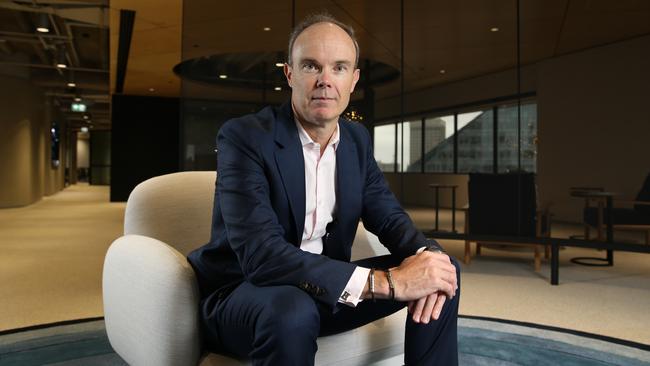
Magellan chairman Hamish Douglass said markets were potentially mispricing a best-case global scenario where work on a COVID-19 vaccine progressed and governments and central banks continued to provide fiscal and monetary support.
Any false starts in vaccine trials could deliver a shock markets, warned Mr Douglass who oversees the $95.5bn fund.
“There is still considerable uncertainty here if we are going to get to a timely vaccine to get us out of this through 2021 through vaccination. The market has put a much higher probability on that case than the scientific information guides you at the moment. The only thing that will guide us is the scientific data,’’ Mr Douglass told The Australian.
“If some of this is bad, the market could be well over its skis here. The economic outcomes are very different between it (the vaccine) working and not working.”
“If you saw in a few months some failures of these vaccine trials, I think the market would be deeply shocked,’’ he said, while adding that even in the best case vaccine scenario there was “a lot of uncertainty about what the real economy looks like once all the stimulus has been withdrawn.”
Mr Douglass, the co-founder of Magellan, also reiterated his previous warnings about the US high yield debt market and the prospect of a wave of bankruptcies “when the tide goes back out and we see the absence of Government and central bank support.
“There will be further stress here,’’ he said.
His comments came as Magellan earlier Wednesday posted a net profit after tax of $396.2m for the year to 30 June, a 5 per cent increase from $376.9m a year earlier. Magellan will pay a final dividend of 122c a share including a performance fee dividend of 30.4c a share. Its full-year dividend rose to 214.9c a share from 184.2c a year earlier.
Meanwhile, Mr Douglass said the fund manager’s new passive investment offerings to retail investors will grow in time to be a “very large business” with significant funds under management and has dismissed fears it could cannabilise the group’s core active investment operation.
Magellan’s first move into the booming passive investment space will be under the new “MFG Core Series” brand, offering actively constructed diversified portfolios but at a management fee cost of 0.5 per cent per year, which is much cheaper than Magellan’s other products.
The initial core series will comprise the MFG Core International Fund, the MFG Core ESG Fund and the MFG Core Infrastructure Fund. They will be available via exchange quoted open-ended funds by the end of the year.
“We know there is a massive shift in money towards passive and low cost money. There is a massive pool of savings in this and we are not participating in that at all,’’ Mr Douglass told The Australian.
There will be 80 stocks in the new MFG Core portfolios, compared to the 25 in Magellan’s existing active strategy funds.
“This could scale into a very large business in time because it has many more stocks and is systematically constructed. The total funds under management could be large. It is very scalable. We know financial planners are putting together low cost model portfolios and we want to put a product into that space with a new brand,’’ Mr Douglass said.
He said bringing Magellan’s intellectual capital and investing expertise to the passive investment would directly challenge those passive managers who he said practised “mirror based investing.”
“Looking at what has worked in the past is not a guide of what will happen in the future,’’ he said.
Some market observers said they would be intrigued to see what differences there were between Magellan’s main fund strategy and the new ETFs, raising questions whether the MFG core series brand may cannibalise the traditional business.
But Mr Douglass countered: “The incumbents are always worried about cannibalisation. So they never do anything and are slow to act. It is the whole reason CEOs make mistakes. We are not worried about that at all here in what we are doing. We know there is a massive game going on and are participating in a much bigger addressable market. We are going to win money we have never won,’’ he said.
He stressed the firm had not seen a drift away from its active products amid the avalanche of money into passive investment funds as global equity markets have unexpectedly ground higher despite the global economic turmoil.
“We live and die by our performance and I am not worried about our active business,’’ he said, noting so-called “index huggers” that charged active fees without generating alpha had been “absolutely killed by the passive industry.”
“The active industry will be smaller and it will the people that really add value. We want to have a logo on both sides of the coin,’’ he said.
Magellan’s cash levels are still sitting at a higher than usual 15 per cent and the portfolio’s risk ratio has been reduced from 0.8 to 0.66, which has seen the group miss out on some of the market upside over the past month.
Mr Douglass described the holding as an “insurance policy”.
“We have a had a 15 per cent insurance policy in the fund.
There is a lot of people around the world running insurance right now. It is very prudent in this world. If something goes wrong, our portfolio is very resilient,’’ he said.
The mainstays of Magellan’s portfolio in recent years – Microsoft, Facebook, Visa, MasterCard, Google parent Alphabet and Chinese duo Tencent and Alibaba – remain cornerstone stocks.



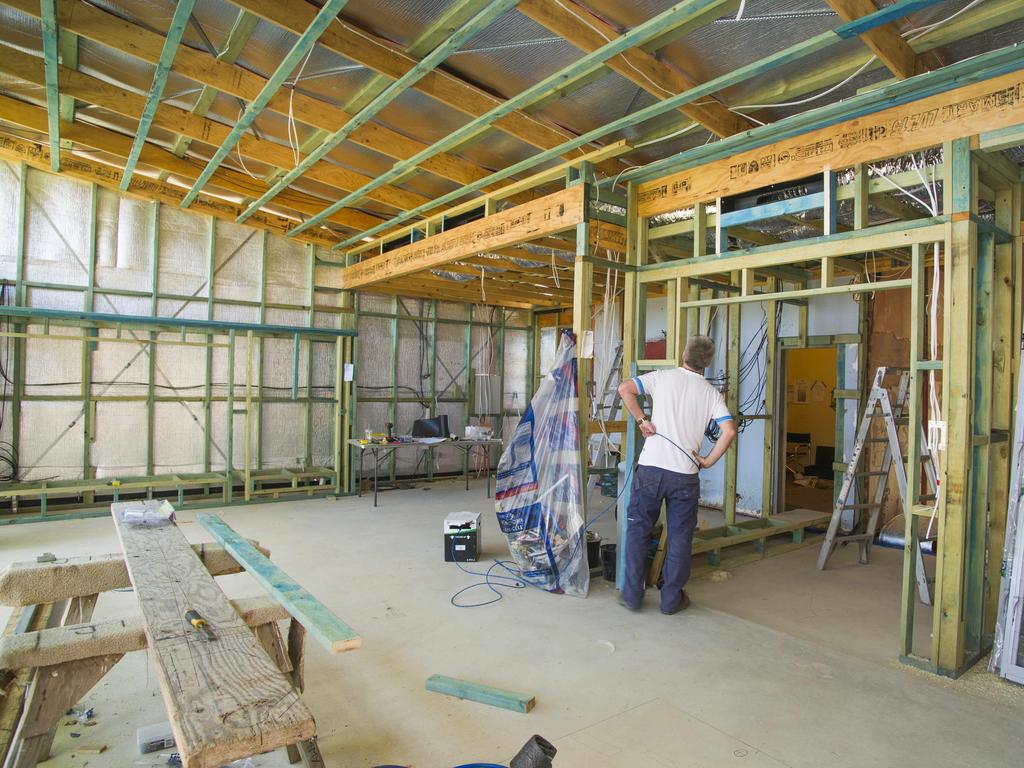

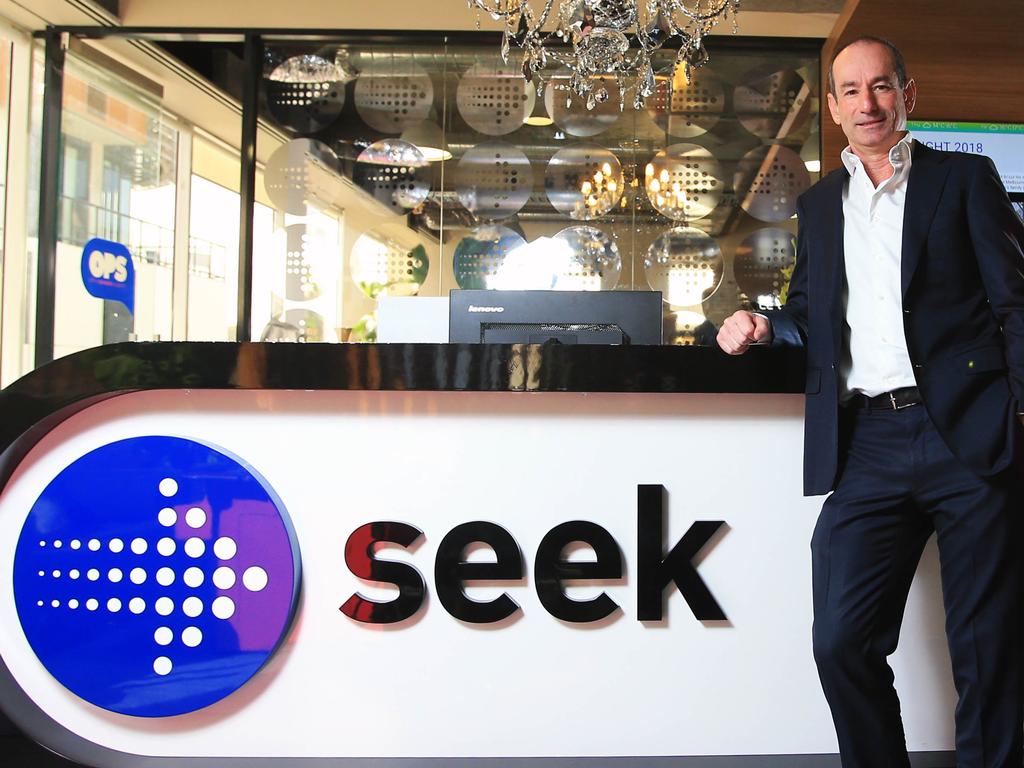
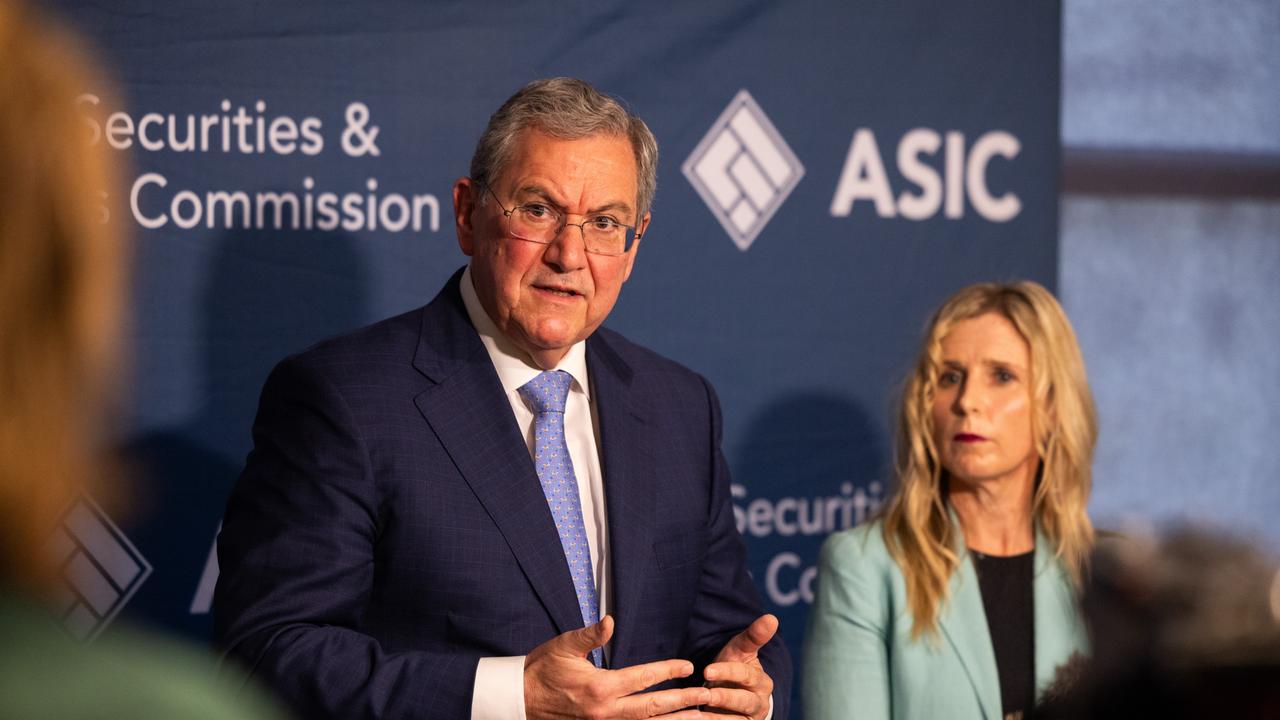
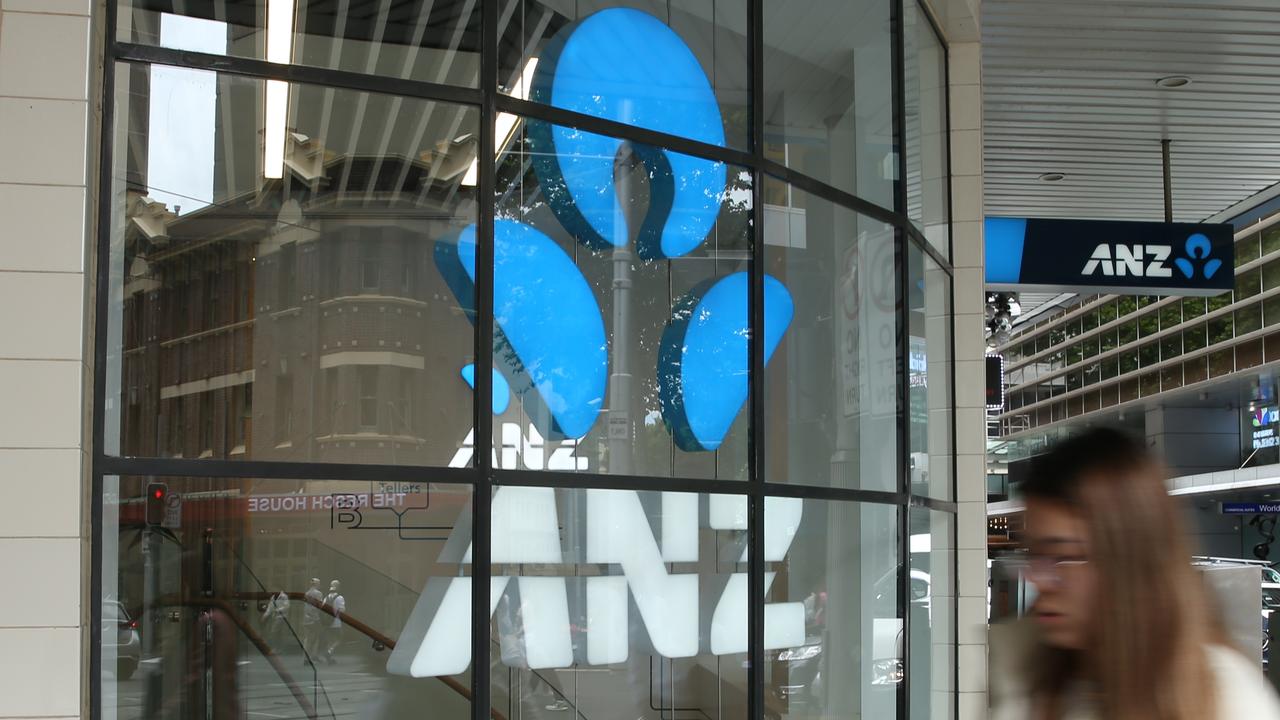
To join the conversation, please log in. Don't have an account? Register
Join the conversation, you are commenting as Logout